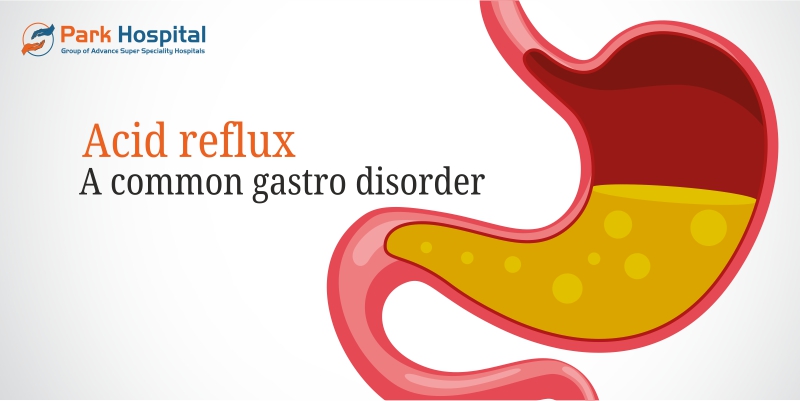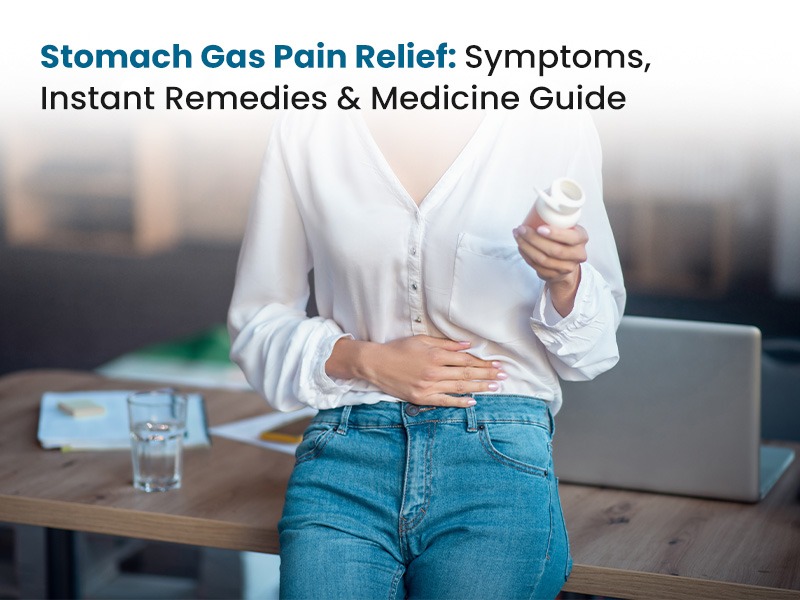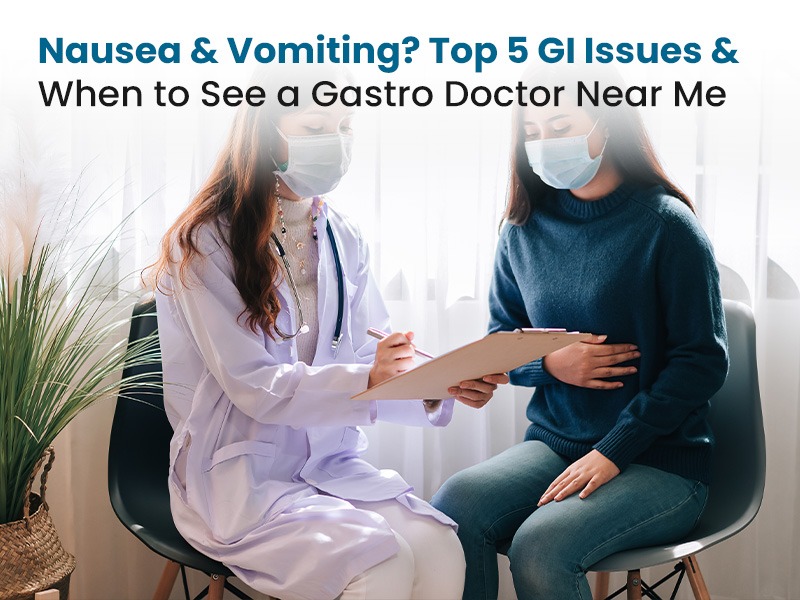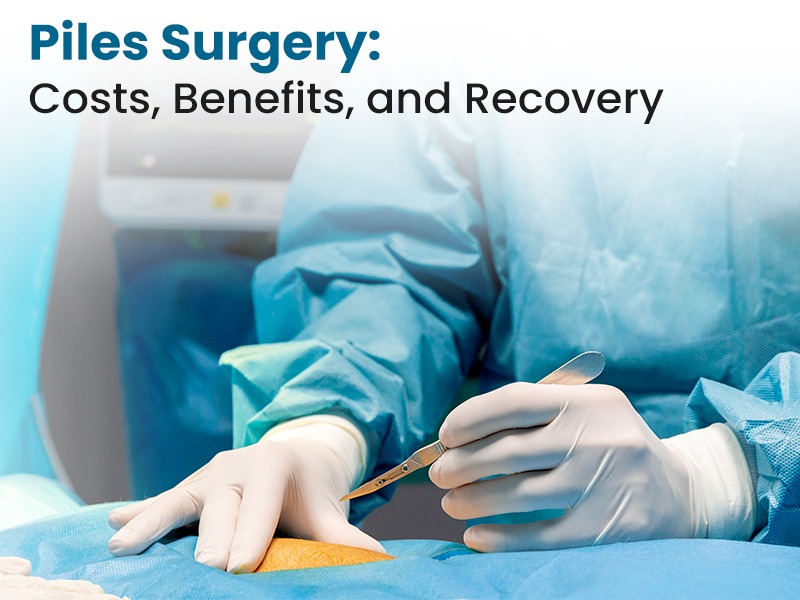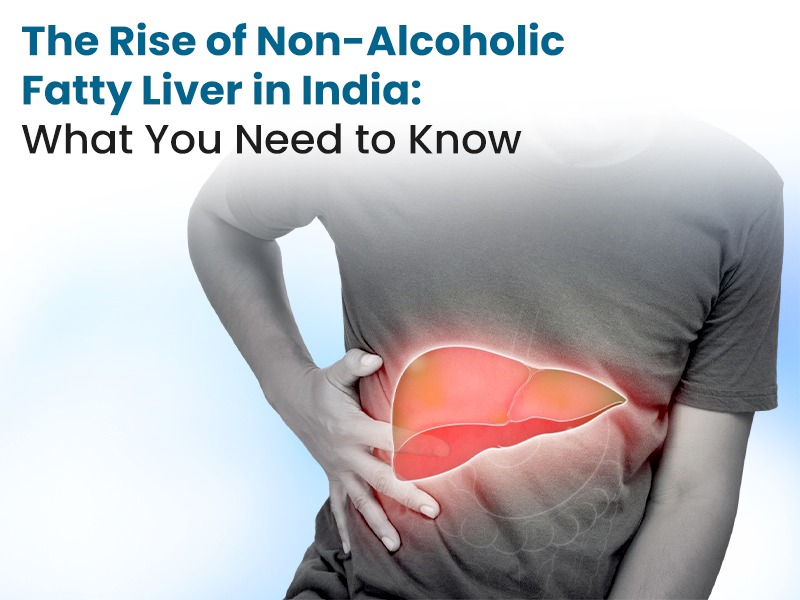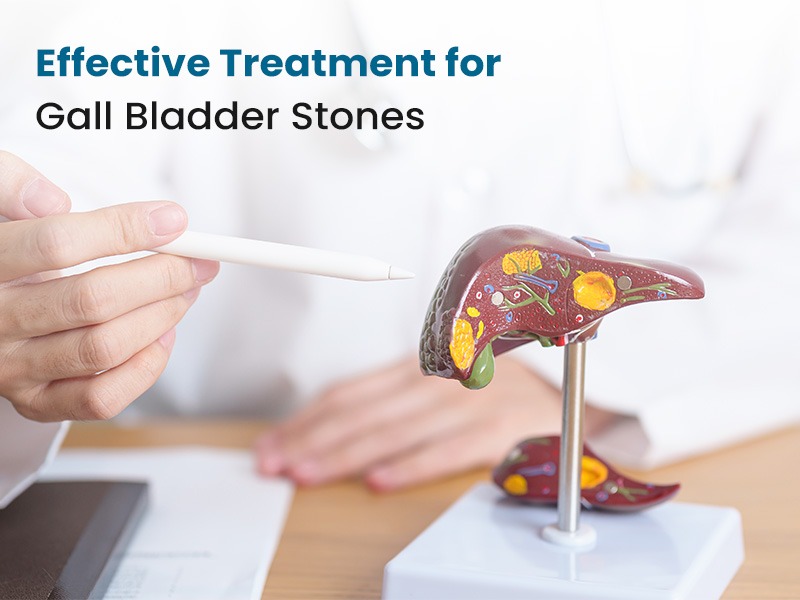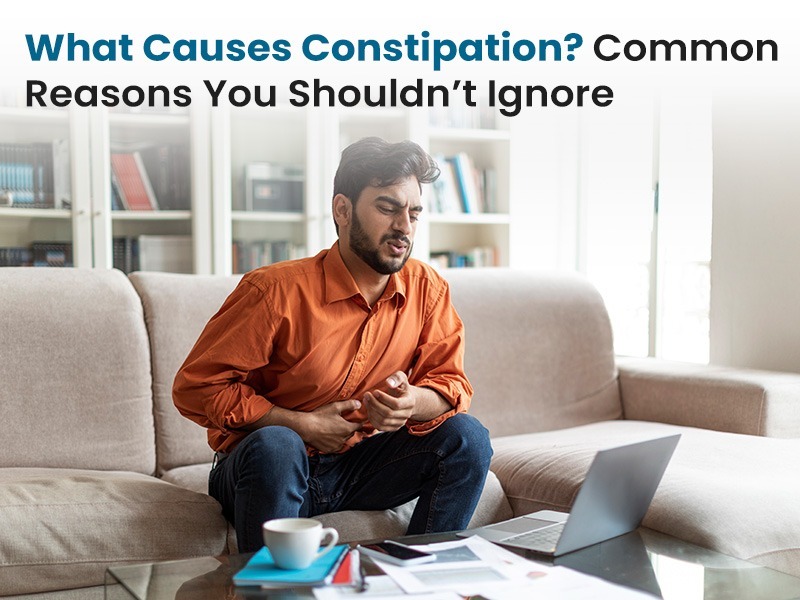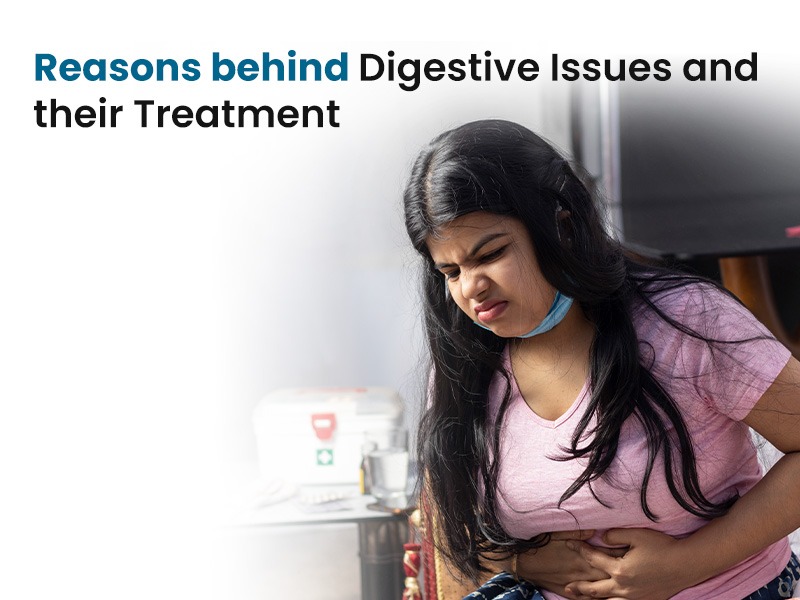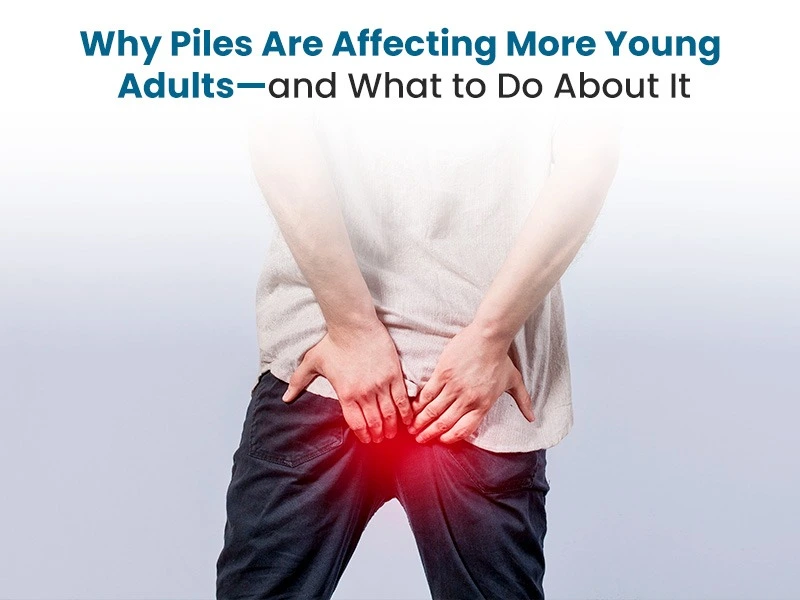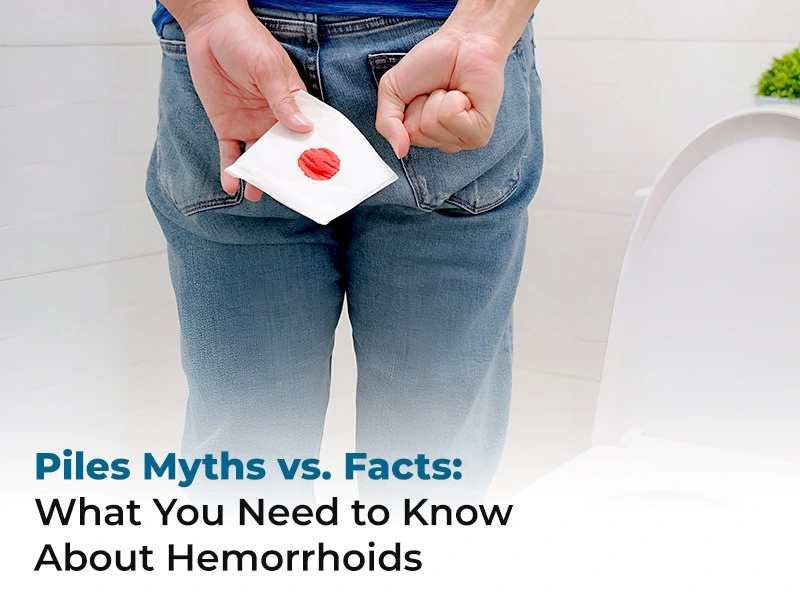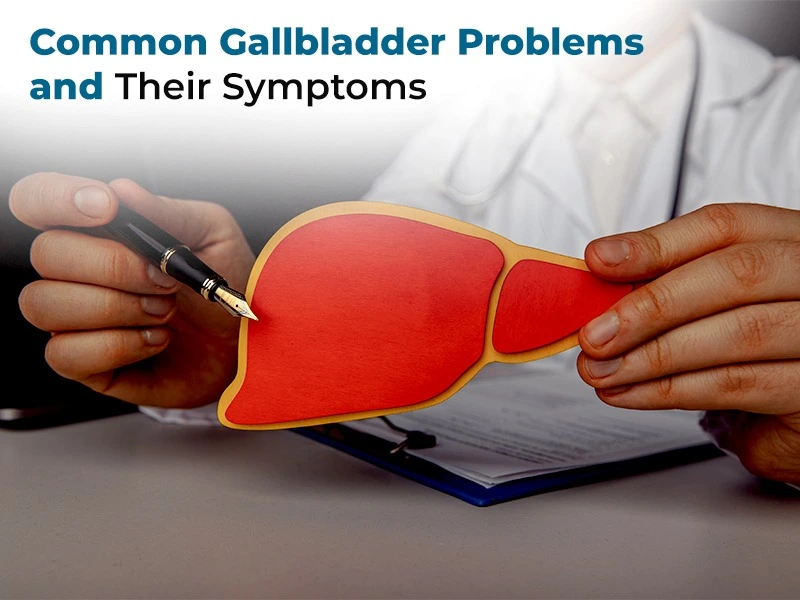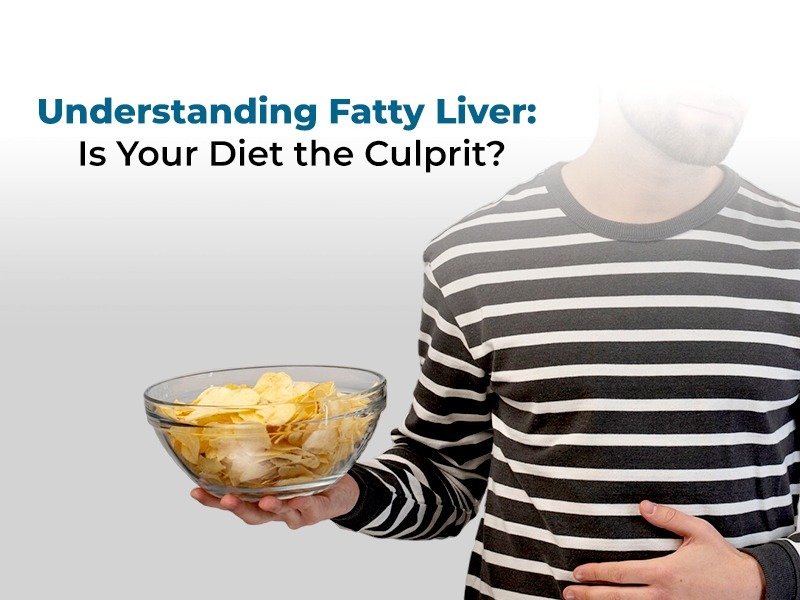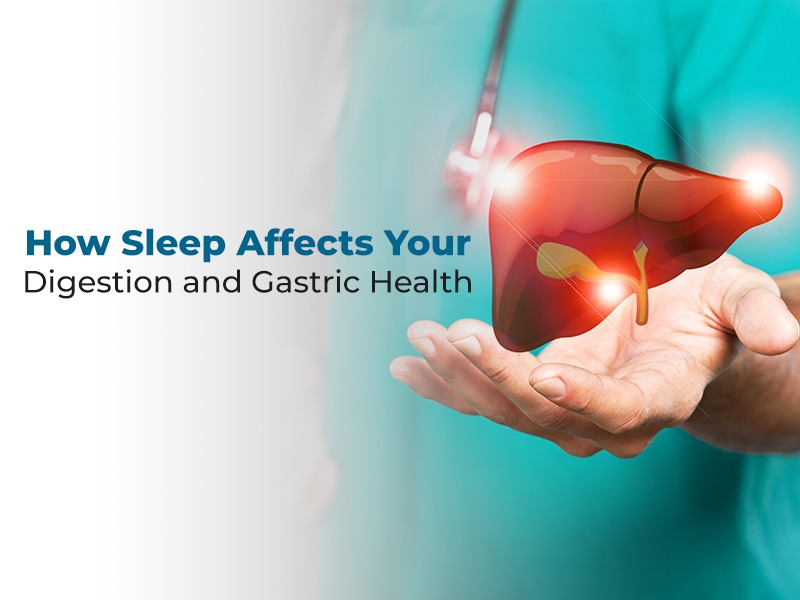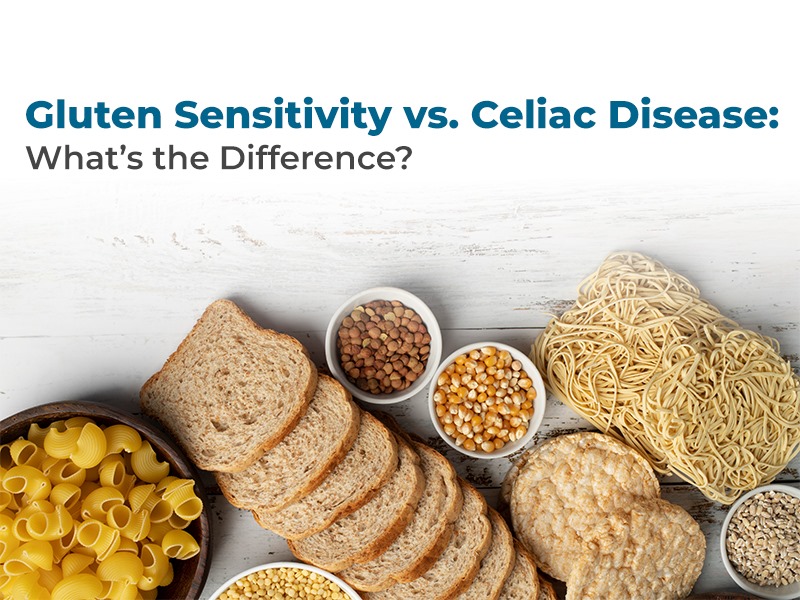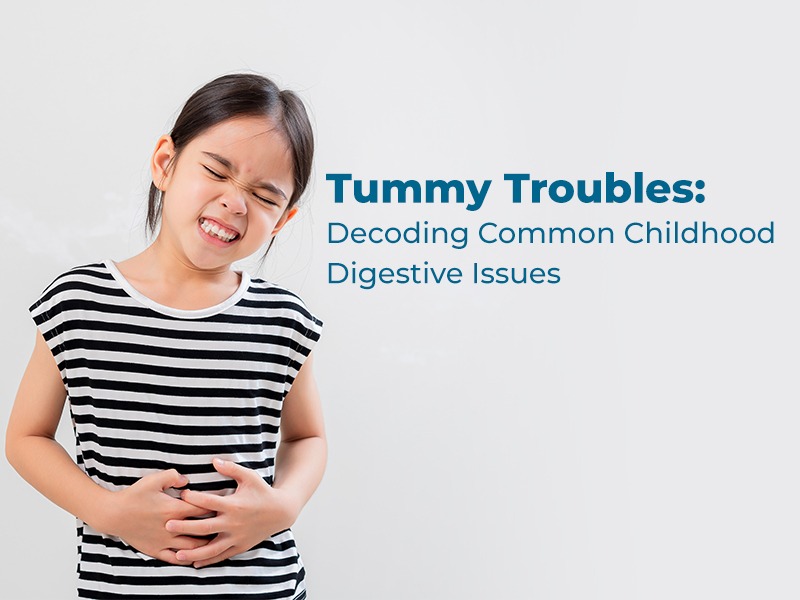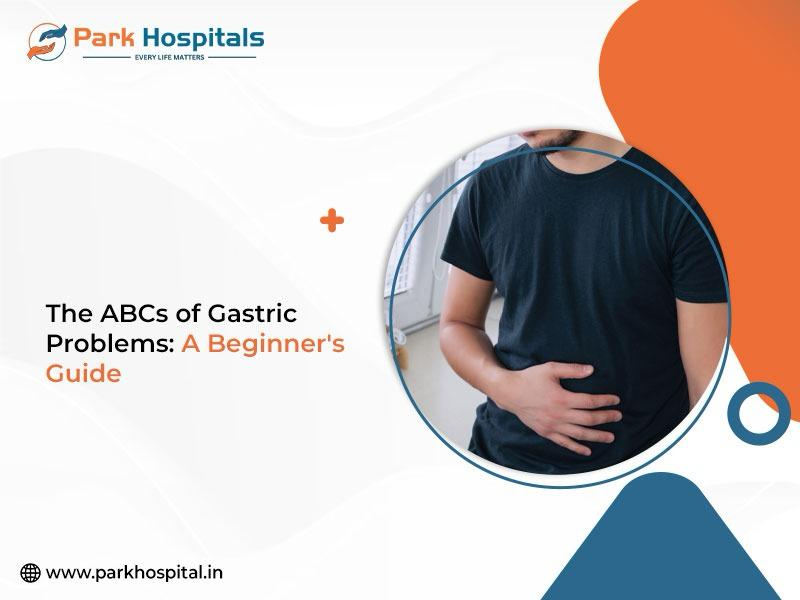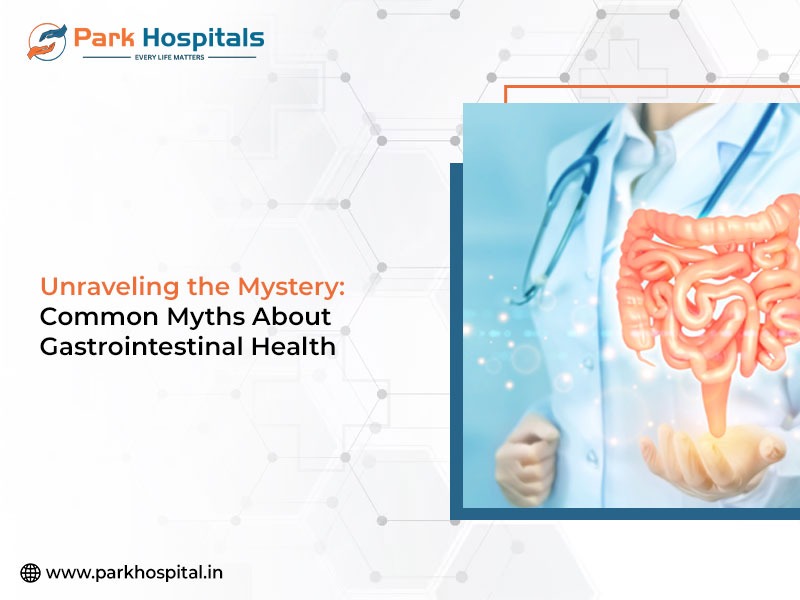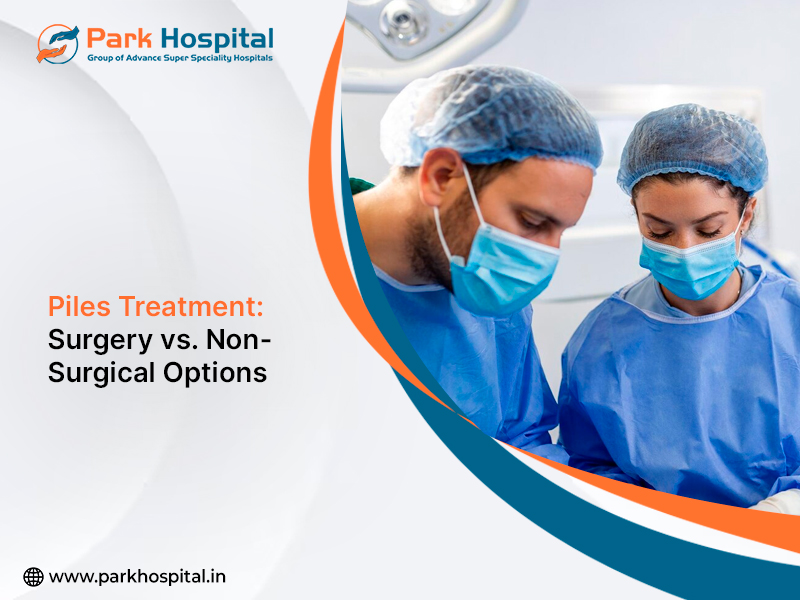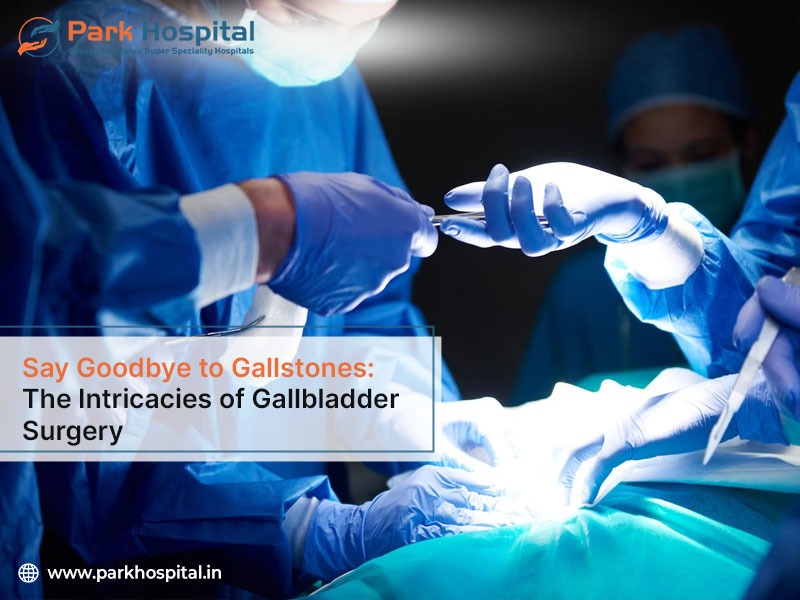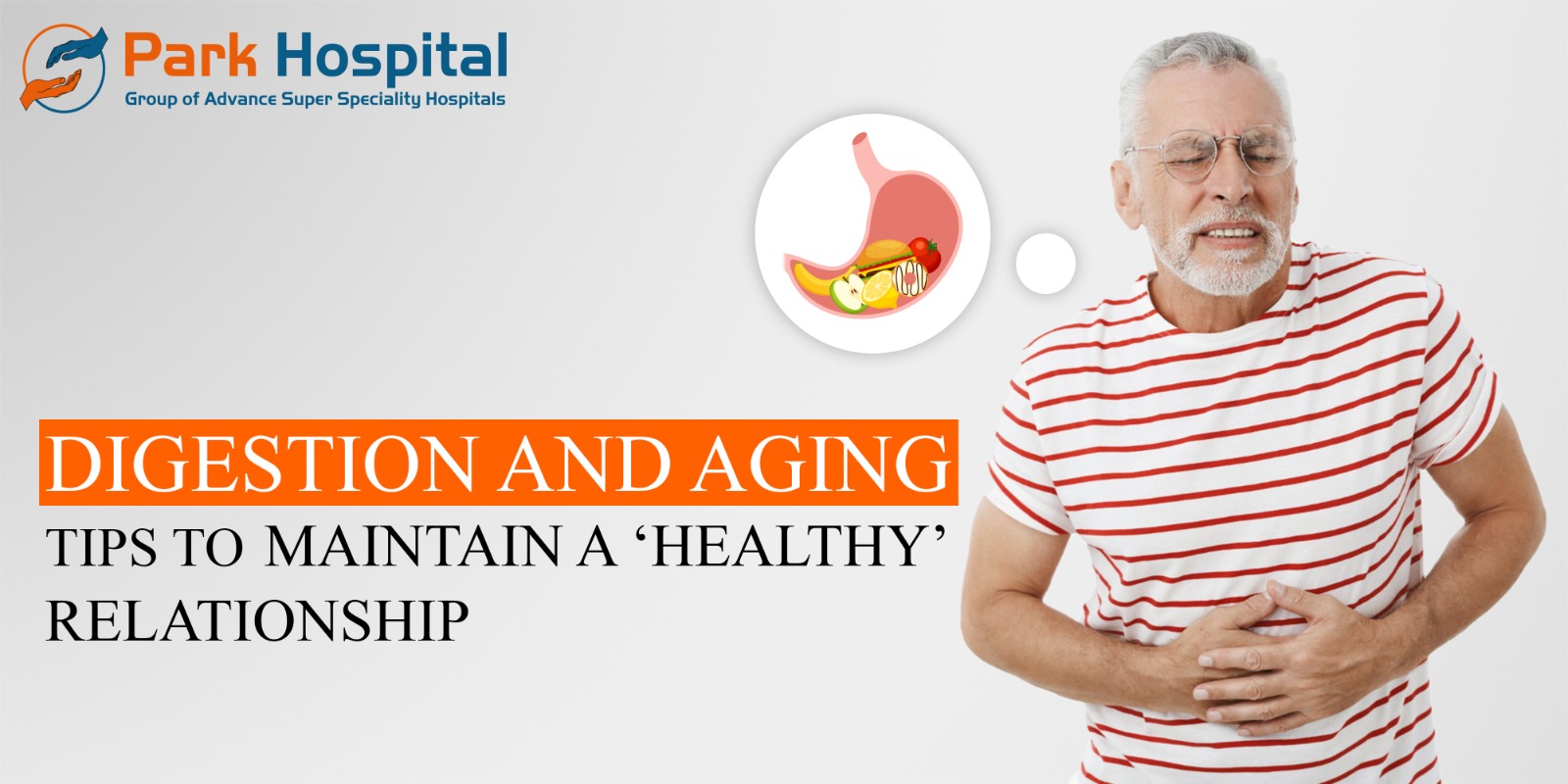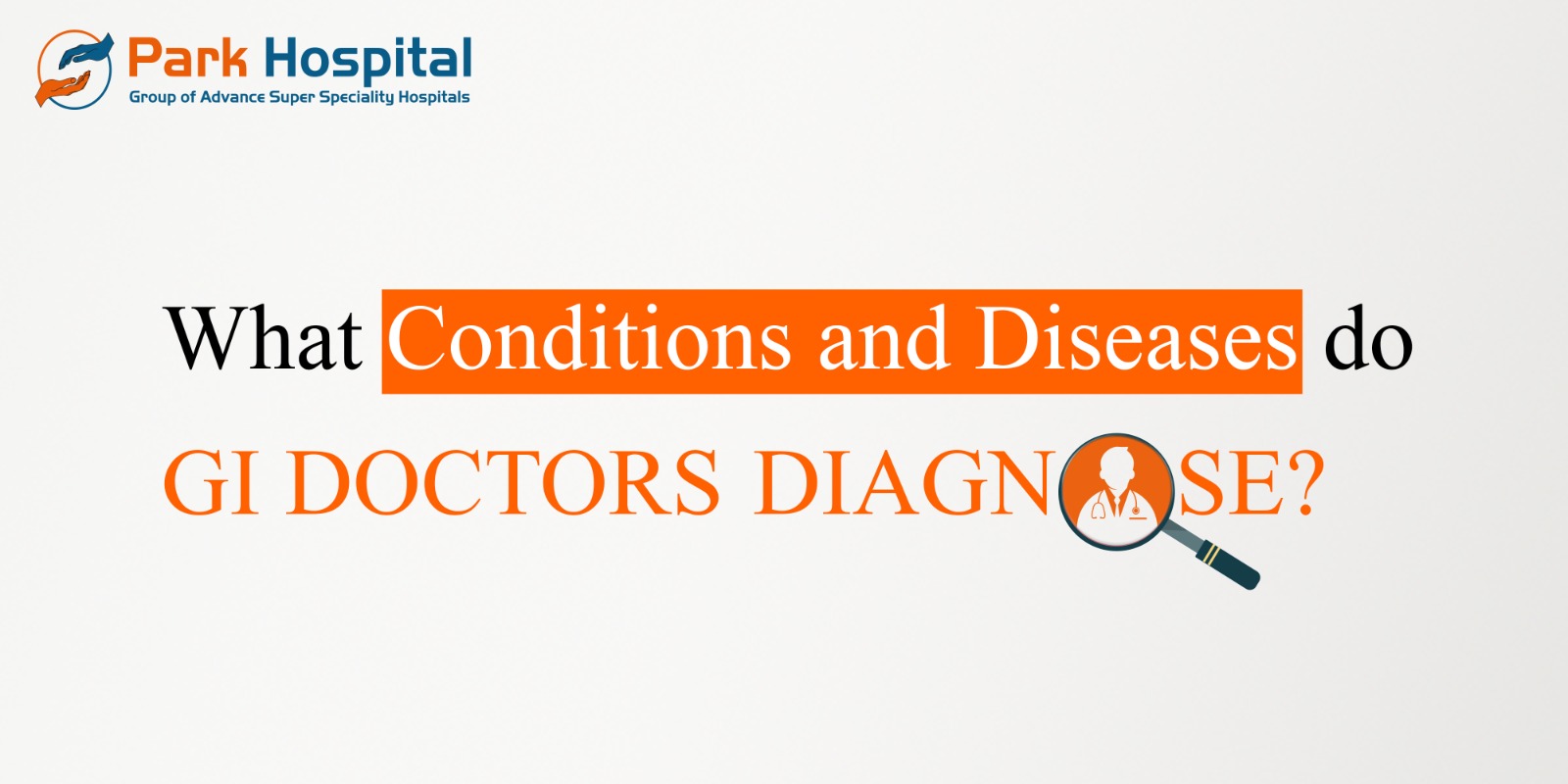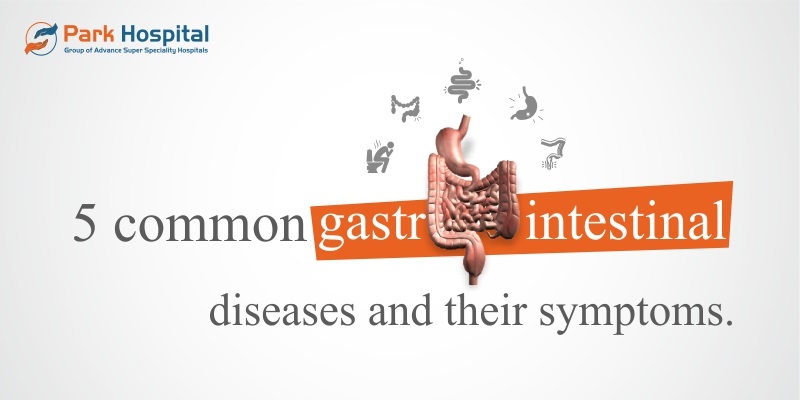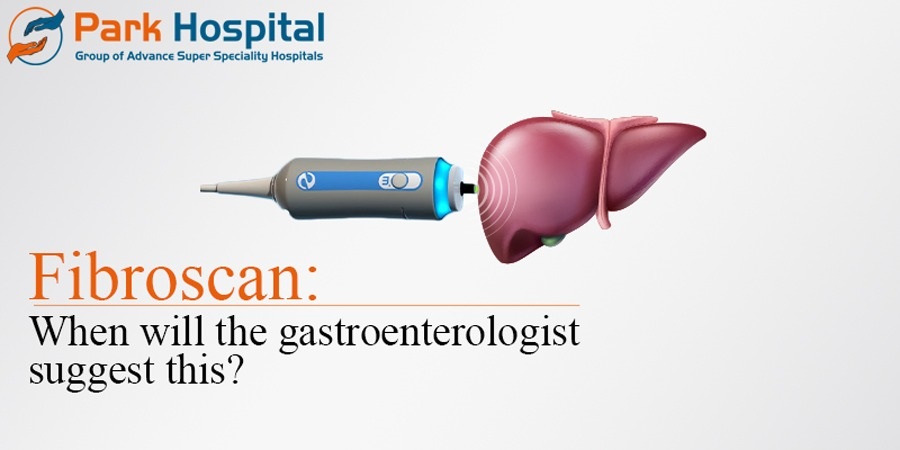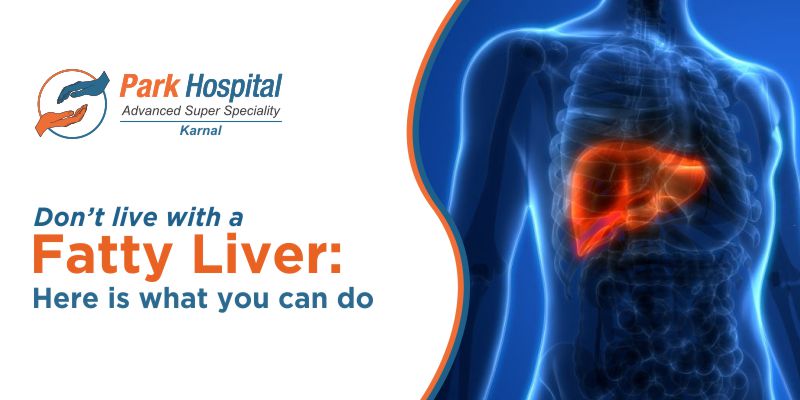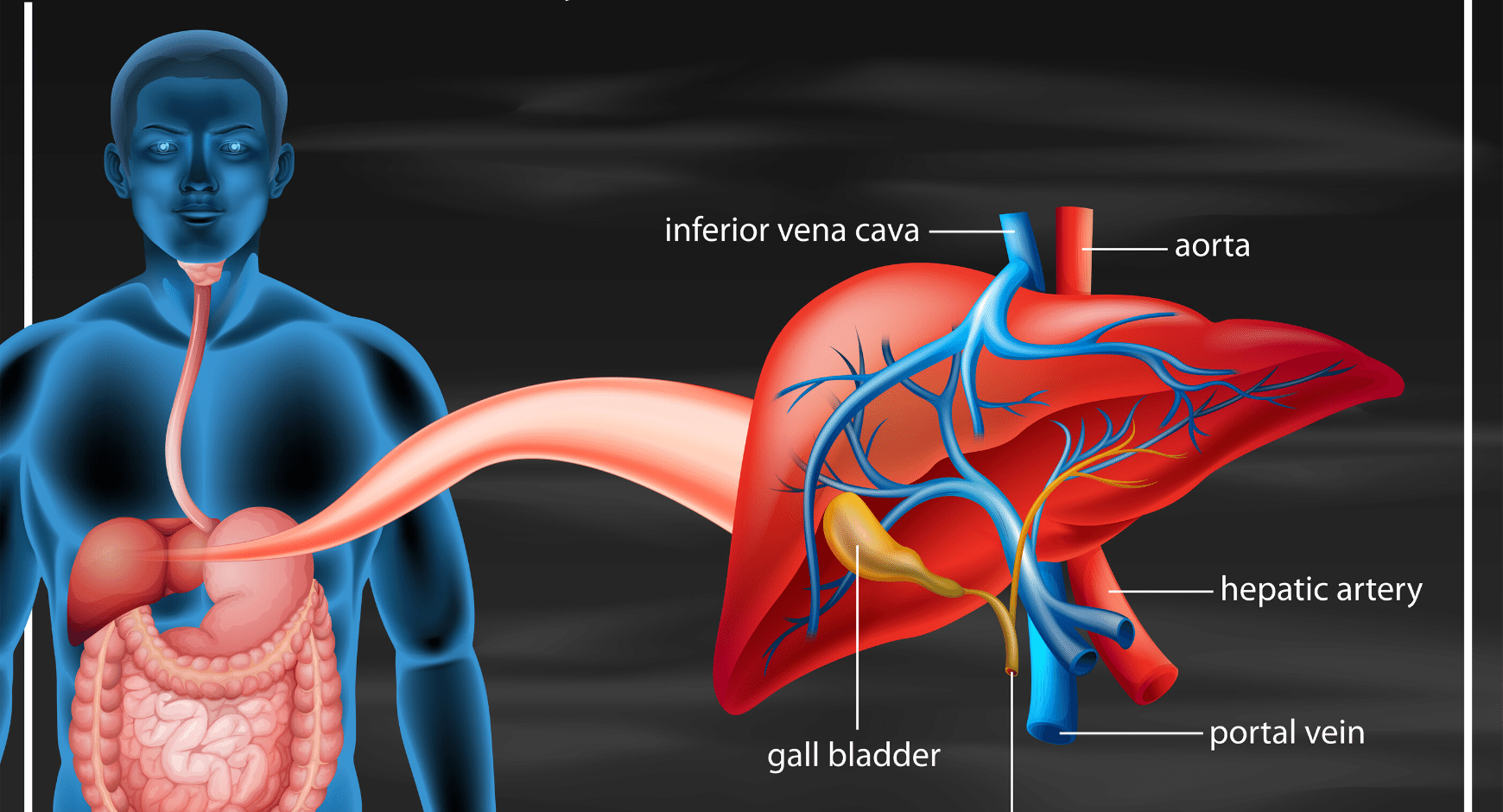What is acid reflux?
When some gastric contents regurgitate from the stomach, up into the esophagus, it causes heartburn, discomfort, and stomach pain. Unlike the stomach cells that are protected by mucus and other supportive cores, the esophagus is not well protected from such acid attacks due to reflux. It is otherwise called Gastro Esophageal Reflux Disease (GERD).
What causes acid reflux?
After intake of food, it passes from the mouth to the esophagus and then into the stomach passing through a ring of muscle called the sphincter at the lower end of the esophagus which relaxes to pass food into the stomach and contracts to prevent the food reflux back into the esophagus making food passage one way. In cases, where the sphincter muscle is weakened, (due to pressure in the stomach due to heavy intake of food, alcohol, fatty meals, tea or coffee, or in cases of pregnancy times), there is a reflux of acid into the esophagus which is otherwise known as GERD.
What are the symptoms?
Epigastric distress (pain in the upper abdomen and chest)
Heartburn
Bloating, belching
Dyspepsia
Typical symptoms consequent to unhealthy diet and lifestyle habits are enough to diagnose and confirm GERD.
What can help to prevent GERD?
If you are overweight based on the BMI chart, try to avoid a diet rich in fats and sugars, and have regular small meals devoid of onions (don�t skip breakfast) with regular physical activity of at least 30 minutes.
Replace spicy snacks with fruits. Avoid excess chocolate, citrus, and tomato-based products or alcohol.
Frequent intake of caffeinated beverages (importantly coffee) has to be avoided.
Do not go to bed soon after your dinner. It takes at least 2-3 hours to digest a meal, hence it is suggestive to maintain at least that time between your dinner and bedtime.
Do not take water or other fluids with food at meal time.
Lying on the bed on your left side
Ensure your head position on the bed is on the raise to prevent any reflux while sleeping.
Consume plenty of water that assists digestion and dilutes any resident acid levels that may cause reflux after 2-3 hours of meal.
Lifestyle habits such as smoking and alcohol consumption decrease saliva production and increases sphincter relaxation that causes acid reflux.
Manage yourself to be devoid of any stress.
Certain drugs like pain killers, and B.P. lowering medications such as Amlodipine may affect the sphincter muscle. So, if you are on these medications and suffering from GERD, consult a physician for appropriate advice based on your condition.
When should I call the doctor?
Consult our Gastro Specialist if you have any of the following alarm symptoms:
Trouble with swallowing
Chest pain & Choking Blood in the stools
Vomiting
Unexplained weight loss
Early fullness after a meal
Reflux of food contents into esophagus
What are the treatments available for GERD?
Our GI Specialists recommend treatment basis the symptoms. Some common modes of treatment are as follows-
Lifestyle modification.
Antacids (that are available as oral liquids and oral chewable tablets)
H2 receptor antagonists like Ranitidine reduce further acid secretion in case of patients already suffering from GERD.
The combination of a proton pump inhibitor (such as Rabeprazole or lansoprazole or pantoprazole), and a prokinetic such as Domperidone half an hour before every meal helps you to protect the gut and avoid any distress due to acid secretion.
During the treatment, avoid certain trigger foods such as the ones mentioned in the above section.
Avoid eating to the full of your stomach.
GERD is the most common acid reflux disorder that affects mostly between 35-65 years of age. Typically it is estimated that 1 in 10 individuals suffer from GERD every day due to their food or lifestyle habits or due to the resultant stress caused. In these days of work-life imbalance, it is important for an individual to adhere to routine healthy dietary intake, and physical activity and avoid any lifestyle habits such as smoking, or alcohol.
If you are facing any gastric problems, acute or chronic our Gastro Specialists at Park Hospital are equipped to treat them accurately with their expertise and latest technologies. For consultation visit Park Hospital, Delhi.
Epigastric distress (pain in the upper abdomen and chest)
Heartburn
Bloating, belching
Dyspepsia
If you are overweight based on the BMI chart, try to avoid a diet rich in fats and sugars, and have regular small meals devoid of onions (don�t skip breakfast) with regular physical activity of at least 30 minutes.
Replace spicy snacks with fruits. Avoid excess chocolate, citrus, and tomato-based products or alcohol.
Frequent intake of caffeinated beverages (importantly coffee) has to be avoided.
Do not go to bed soon after your dinner. It takes at least 2-3 hours to digest a meal, hence it is suggestive to maintain at least that time between your dinner and bedtime.
Lying on the bed on your left side
Ensure your head position on the bed is on the raise to prevent any reflux while sleeping.
Consume plenty of water that assists digestion and dilutes any resident acid levels that may cause reflux after 2-3 hours of meal.
Lifestyle habits such as smoking and alcohol consumption decrease saliva production and increases sphincter relaxation that causes acid reflux.
Manage yourself to be devoid of any stress.
Certain drugs like pain killers, and B.P. lowering medications such as Amlodipine may affect the sphincter muscle. So, if you are on these medications and suffering from GERD, consult a physician for appropriate advice based on your condition.
Trouble with swallowing
Chest pain & Choking Blood in the stools
Vomiting
Unexplained weight loss
Early fullness after a meal
Reflux of food contents into esophagus
Lifestyle modification.
Antacids (that are available as oral liquids and oral chewable tablets)
H2 receptor antagonists like Ranitidine reduce further acid secretion in case of patients already suffering from GERD.
The combination of a proton pump inhibitor (such as Rabeprazole or lansoprazole or pantoprazole), and a prokinetic such as Domperidone half an hour before every meal helps you to protect the gut and avoid any distress due to acid secretion.
During the treatment, avoid certain trigger foods such as the ones mentioned in the above section.
Avoid eating to the full of your stomach.

